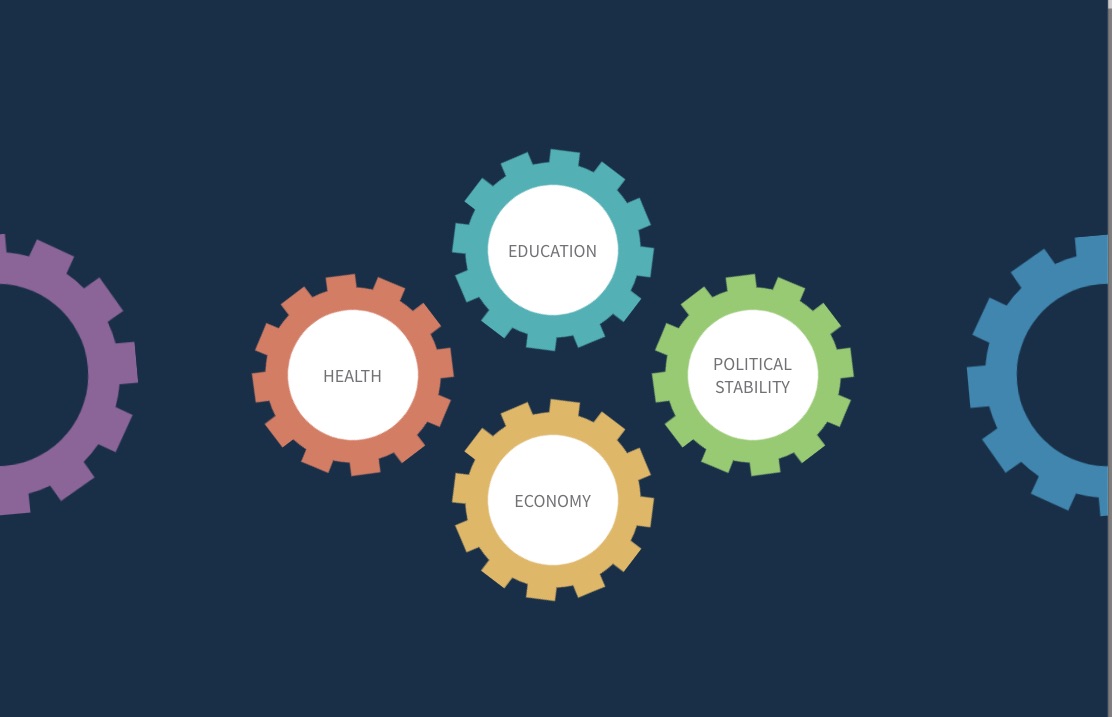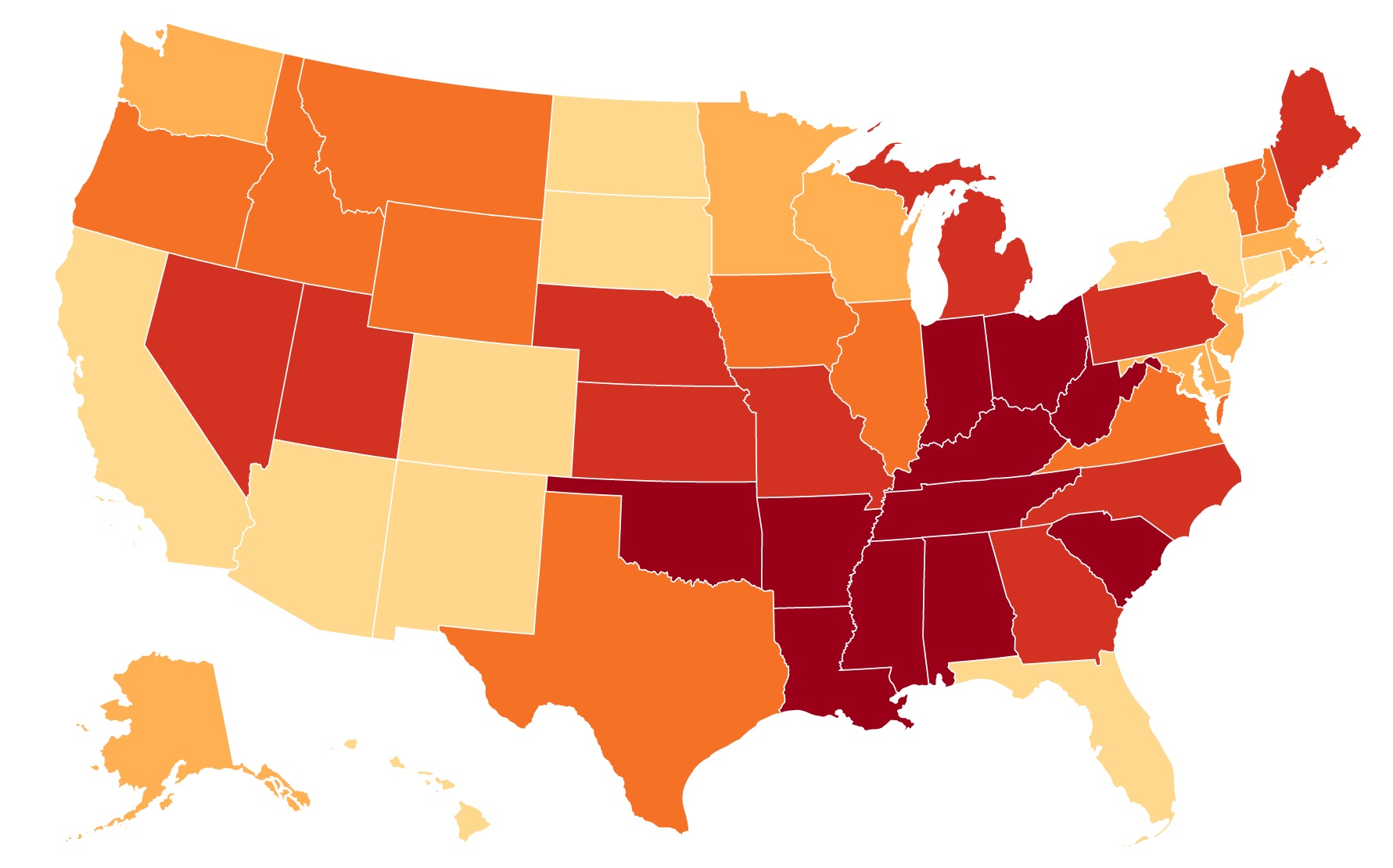Project: Center for Public Information on Population Research (CPIPR)
Cohabiting Couples in the United States Are Staying Together Longer but Fewer Are Marrying
(2020) More unmarried couples today are living together, and doing so for longer than in the past, but fewer of these relationships lead to marriage, new research finds.




